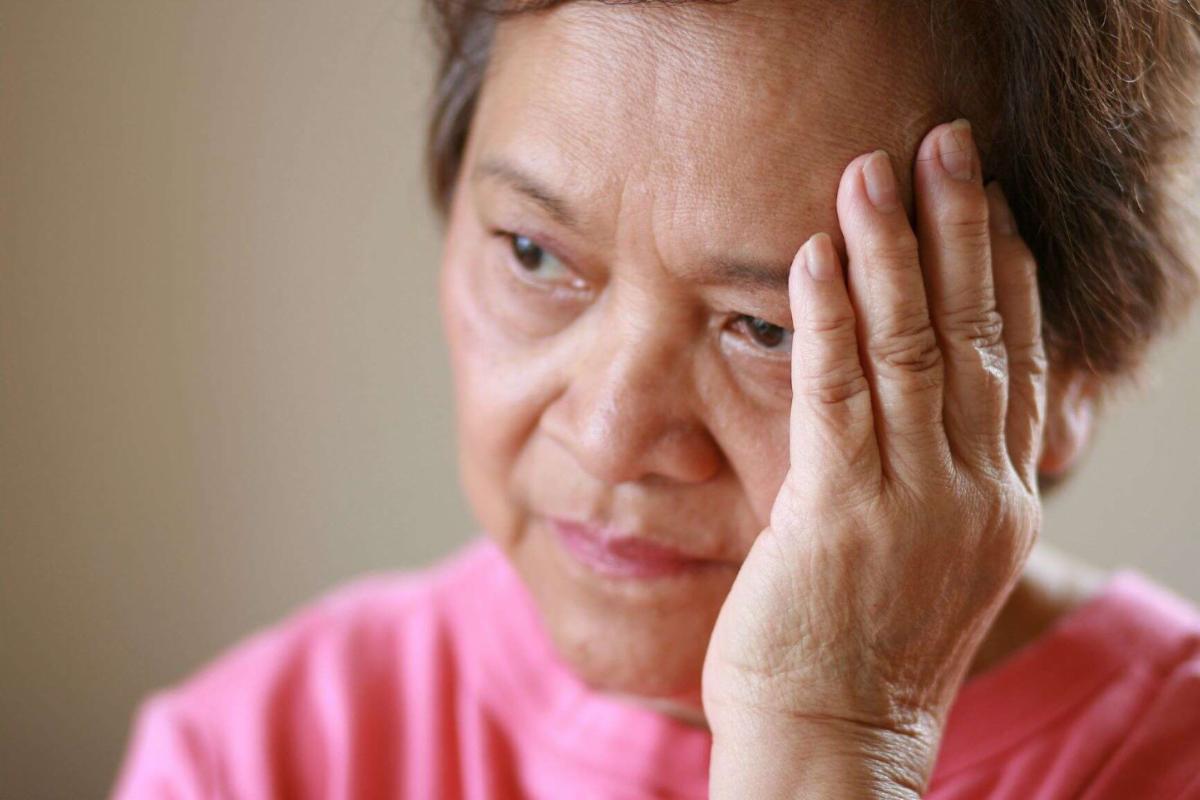|
BBB recommends that family, friends, and caregivers learn the signs of abuse or neglect in older adults. Business owners dealing in the industry can share these signs with employees as well.
- Lack of basic hygiene, adequate food, or clean and appropriate clothing. When basic needs are not being met for an individual in the care of another, neglect should be suspected.
- Missing medical aids or skipped doctor's appointments. Medical aids (glasses, walkers, hearing aids, medications) and regular visits with physicians are critical to a healthy and active life for older adults. If these things are absent or being ignored, it could be a sign of neglect.
- The person is often unsupervised. It is necessary for caregivers to supervise their patient or loved one, especially if the person requires additional assistance because of dementia or other disorders. The level of supervision may vary depending on the needs of the person in care but in all cases, a lack of supervision could be a sign of neglect.
- The person is confined to a bed without regular care. Adults under medical or family supervision should have assistance to get out of bed and move around. Being confined to a bed can be detrimental to physical and mental health and is a sign of improper care. If an individual is bed-bound, they should still be repositioned and cleaned regularly.
- The home is overly cluttered, in disrepair, or fire and safety hazards are present. An unsafe home can be a sign of neglect and should be addressed due to safety hazards. Caregivers are tasked, in part, with creating a safe and healthy living environment.
- A home without adequate facilities (stove, refrigerator, heating, cooling, plumbing, and electric). Everyone, no matter their age, requires basic access to utilities and a temperate environment. If these facilities are missing, it could be a sign of neglect or that the person needs additional care and assistance.
- An untreated pressure sore (bed sores). Bed sores can happen as older adults become more immobile but they are preventable with the proper care. Untreated sores are a sure sign that a person is not being cared for properly.
Signs of Psychological and Emotional Abuse
- Unexplained or uncharacteristic changes in behavior. A drastic change in demeanor or a withdrawal from normal activities is a red flag that abuse may be present.
- Unexplained weight loss or appetite changes. If no other cause can be found by medical professionals, it may be worth investigating if abuse is the cause for a sudden change in weight or appetite.
- The caregiver isolates the person from others. A caregiver should always be willing to help older individuals visit their loved ones and medical professionals.
- The caregiver is verbally aggressive, uncaring, or demeaning. Older adults deserve genuine care and compassion. Rude, dismissive, or aggressive behavior from a caretaker should be a red flag for the potential of abuse.
- Inadequately explained fractures, bruises, welts, cuts, sores, or burns. Frequent and unexplained injuries are concerning, especially if the individual under care is unable to recall daily events with ease.
- Unexplained sexually transmitted diseases. STD's and STI's in older adults under professional care could be a sign of sexual abuse and warrant an investigation to find the root cause.
Additional resources for older adults and their loved ones
|

